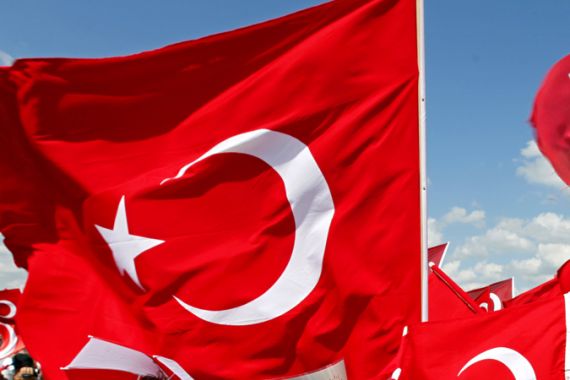
The PKK: ‘Rebels’ or ‘terrorists’?
The Turkish government is turning up the political heat on those who refuse to adopt their chosen terminology.
When the Kurdistan Workers’ Party (PKK) attacked and killed 24 Turkish soldiers in October 2011, the violence made headlines around the world. But it also highlighted the very different approach the Turkish media takes when it comes to covering highly politicised stories.
The administration of Recep Tayyip Erdogan, the Turkish prime minister, is often cited as proof that an Islamic government can exist within a democratic framework. Yet, when it comes to freedom of the press, the Erdogan government has a lamentable reputation – and it is growing worse.
It is not just about article 301, the ambiguous and controversial law that outlaws criticism of “Turkishness”. Nor is the criticism limited to the number of Turkish journalists behind bars.
In Turkey, there is a tacit obligation that the media follow the government’s wish for the PKK to be referred to as ‘terrorists’. However, global media outlets are not so easily dictated to, and Reuters found itself in the firing line when it continued to refer to the PKK as ‘rebels’.
A potential boycott was on the cards and it was assumed the order had come from the top. But on closer inspection, it seems it did not need to. Listening Post‘s Flo Phillips looks at the media climate in Turkey and the terminology that can draw political heat.
|
“It is not up to the government to draw the line, and it is not up to us to oblige with that line the government tries to draw. So the media has a very, very important role in helping to democratise the country even further. I think the media should really stand up for its own freedom.” Yasemin Congar, the managing editor of Taraf newspaper |